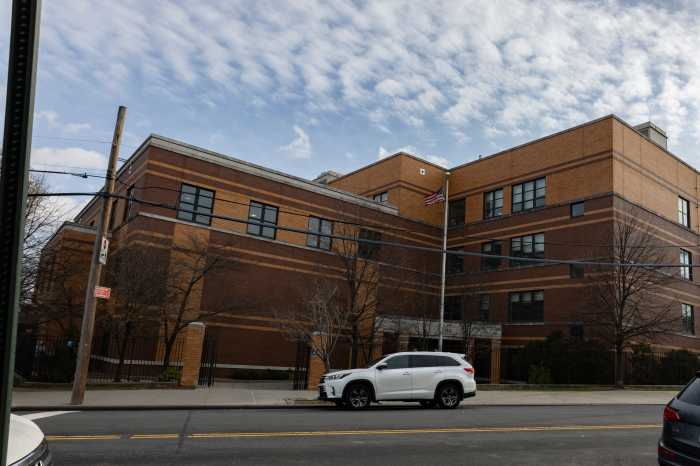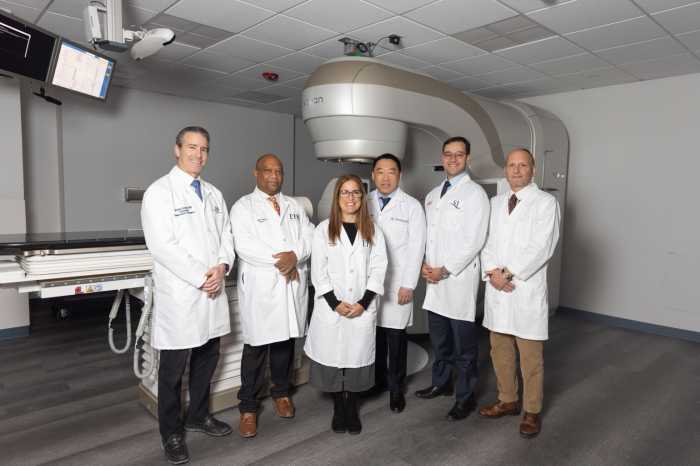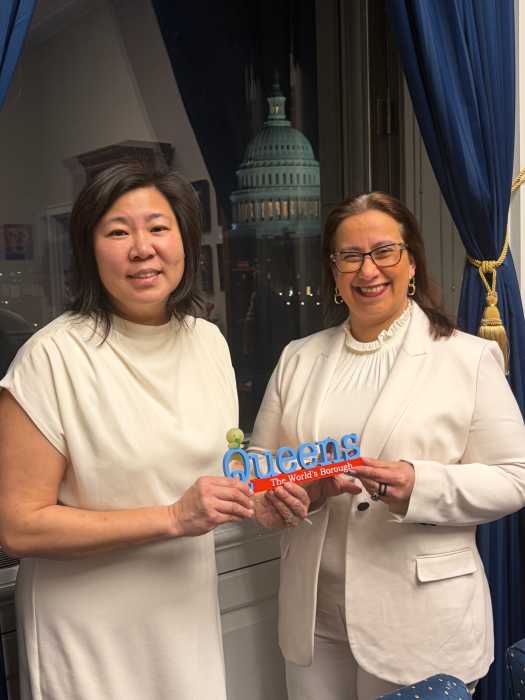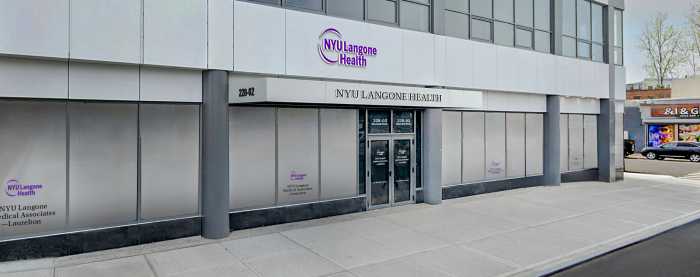Mayor Bill de Blasio and first lady Chirlane McCray are launching a new initiative to help the mental health of young people living in neighborhoods most heavily impacted by the coronavirus pandemic.
“Now, more than ever, we want all of our students to know that they are not alone, and there are compassionate, trained professionals ready to help them process anxiety, grief and trauma that have intensified during the pandemic,” said McCray.
The new initiative comes a day after Governor Andrew Cuomo addressed rising mental health concerns stemming from the pandemic telling reporters that “we have a serious problem of the emotional stress and anxiety that COVID has caused, and the longer it goes on the worst it gets.”
Governor Cuomo admitted that at first, he did not fully understand the expression “COVID fatigue,” mistakenly believing it referred to growing tired of wearing face masks or maintaining social distance. “To that I said, you don’t have the luxury of fatigue because the virus isn’t fatigued … but there are different facets to fatigue that are frankly more problematic.”
The pandemic has pushed 325,000 children into poverty across New York state and 4,200 children have lost a parent or caregiver to the virus, according to a report from the United Hospital Fund. The report found that the virus has had a disproportionate effect on communities of color with Black and brown children having lost parents to COVID at twice the rate of white children. Stress over increased food insecurity as well as isolation and loss of routine are also negatively impacting children’s mental health during the pandemic, according to Alice Bufkin, director of child advocacy group the Citizens Committee on Children’s Policy Director.
The organization works with dozens of child psychiatrists in the city, many of whom are growing increasingly worried over the high number of families seeking mental health services for their children during the pandemic and the intensity of their symptoms. Although Bufkin is appreciative of the mayor’s initiative, she thinks that more long-term investment is needed from the city and state in order to allow for communities to fully mentally recover from COVID.
“When mental health care needs go unaddressed in childhood, we see them get frequently exacerbated as children become adults,” Bufkin told amNewYork Metro.
Under the initiative, current city mental health workers will become specialists and lead group therapy sessions with students at 350 schools. Specialists will serve up to five schools and will also educate students and their caregivers.



































